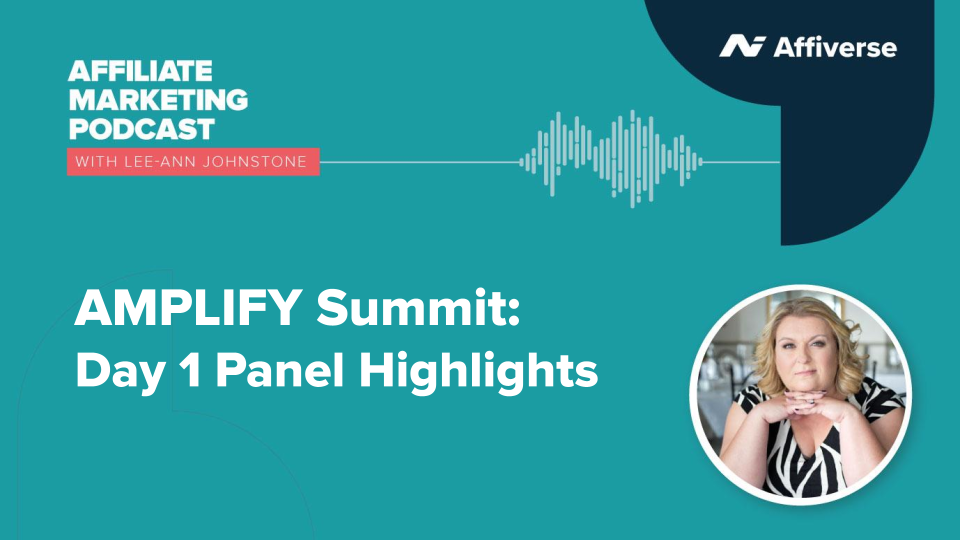When you are a social media marketer, in any capacity, you start to learn some unwritten rules for etiquette online. What makes users engage in a bad way, what makes them leave altogether, etc?
Well, we’re making the unwritten, written. We have seven deadly sins of social media marketing that you should really avoid to make great content. Read on to see if you’re guilty of any slip-ups and should repent.
Pride: Reacting badly to criticism
There is nothing good that comes from not taking criticism on the chin. Taking it any way that is bad will only look bad on yourself and your brand, even if you are in the right. People will shift from what the criticism says to how you handled it. Take your time to respond thoughtfully and do not come off as bitter or too prideful, because that can escalate into being the story.
Lust: Trying too hard to engage conversation
Not all engagement is good engagement. Like lust, it’s bad if you’re forcing it. It can feel intrusive, overbearing and alienating.
Like negotiating any relationship, you should remember that there should be some back and forth. You don’t want to post and post and post and ignore the comments underneath. That will make you look like you’re doing too much but don’t actually care about the people who are watching you. Don’t bombard users with endless posts. Instead, start engaging with people who are commenting on your content, thoughtfully.
Wrath: Bad-mouthing competitors
The lesson of every sport or talent movie is that everyone loves an underdog, and in response, everyone hates someone who is punching down. So, while you might like the idea of taking down a smaller competitor, don’t. You just look like the bully on the playground. No one wants to buy candy from the bully. A mean-spirited approach isn’t going to get you anywhere and in fact, will just make you look insecure – like real bullies!
Gluttony: Too many hashtags
Everyone hates a list of hashtags longer than the caption, which on Instagram or LinkedIn is substantial. Maybe Twitter had the right idea with 140 characters.
It looks messy, it’s a headache for users to look at, and, most importantly, 90% of them are irrelevant. That’s irritating to the user for a myriad of reasons. Ever seen a clip from a TV show on TikTok and scanned the hashtags for the title? What one is it among all those hashtags? Alternatively, if you’re searching for clips of a certain TV show and you’re getting clips that have nothing to do with it, you’re going to get wound up.
Sloth: Fake bot engagement
Bots are the loan sharks of social media marketing. It is a very, very tempting offer they’re proposing, but you’re going to regret it. For one thing, users have pointers that help them figure it out, and once the cat’s out of the bag you have no foundation for trust in the future.
Plus, the inflated numbers can give you a false sense of success which will bite you in the future.
Additionally, the UK is actually cracking down on bot reviews in the upcoming Digital Markets, Competition and Consumer Bill, which bans not only botted reviews but people receiving money or free goods for good reviews.
Greed: Cross-posting without optimizing
Understand the different personalities of the platforms and adapt content to them, don’t slap one video all over YouTube, TikTok, Instagram, Facebook, Twitter and LinkedIn and assume one size fits all. People are going to each of these platforms for something different. Facebook is more family and community, Instagram is more friends and retail, LinkedIn is more business, TikTok offers a wider net, etc. There can be some overlap. If you’re a fashion blogger you’re likely to find an audience on TikTok and Instagram with one piece of content, but not on Facebook or LinkedIn, for example.
Envy: Failing to credit partners and paid promotions
It could be an honest mistake, but it shouldn’t be. Failing to credit a partner or a paid promotion is unethical, sometimes illegal, and says to your followers that you’re either a “clout-chaser” with no respect for your partners or simply are too naïve to understand ownership rights and community guidelines. These are basic enough that not understanding them will then have a knock-on effect on the reputation of your entire team.
If you’re looking for more expert social media advice then check out our blog or, for a more personal approach, book a free call with a member of the Affiverse team.
Make sure you join us for our ELEVATE Summit in July, where we’ll bring you the latest insights from across the social media and affiliate marketing world with content available to stream from our website.























